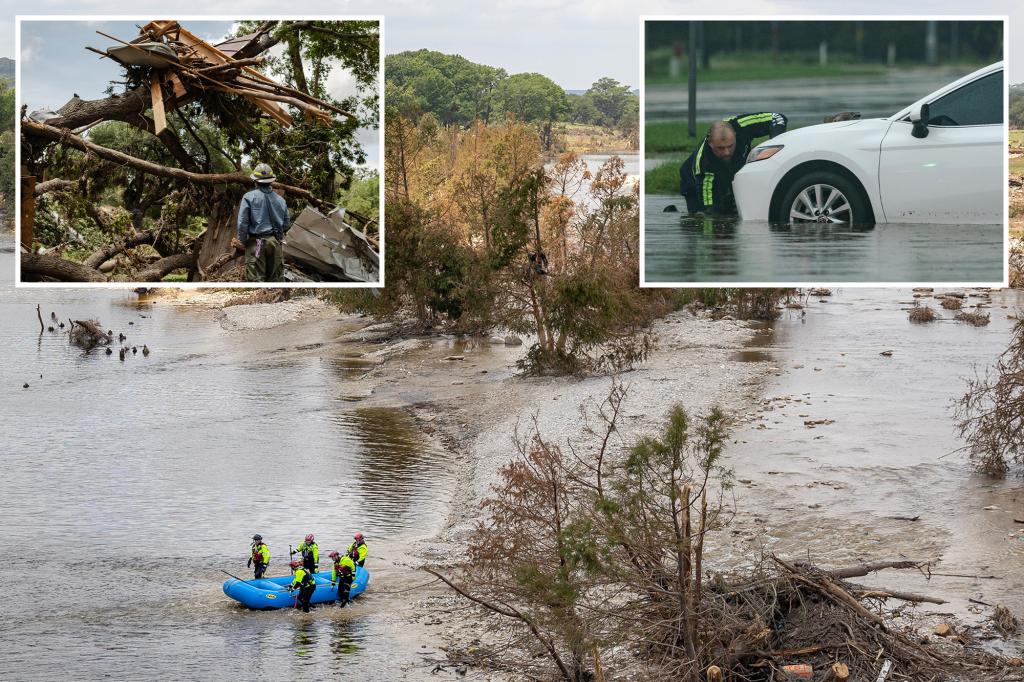As the global community continues to confront the growing impacts of climate change, a landmark legal case at the United Nations International Court of Justice (ICJ) is poised to alter the course of international climate policy. Island nations, some of the world’s most vulnerable countries to rising sea levels and extreme weather events, are leading the charge in a high-stakes legal battle that could have far-reaching consequences for global environmental governance. At the heart of this case lies a fundamental question: should countries be held accountable for failing to prevent the environmental destruction caused by climate change? The answer may redefine how the world responds to the existential threat posed by climate change in the coming decades.
The Stakes of the Case: Island Nations on the Frontlines
Island nations are disproportionately affected by climate change, with rising sea levels threatening to submerge their land and disrupt their livelihoods. Countries like the Maldives, Kiribati, and the Marshall Islands face the possibility of losing entire islands, displacing millions of people and eroding their cultural heritage. The legal case currently underway at the UN Court could be a game-changer for these nations, as it challenges the responsibility of larger, industrialized nations that have historically contributed the most to global greenhouse gas emissions. If successful, the case could result in binding legal obligations for countries to take more drastic and immediate action to mitigate climate change and protect vulnerable populations.
The Legal Framework: International Accountability for Climate Change
The island nations involved in this case are arguing that the international community has a duty to protect vulnerable populations from the impacts of climate change under established legal principles. These include:
- Duty of Care: Under international law, states are obligated to prevent harm to other nations, particularly those that are most vulnerable to the effects of global environmental changes.
- State Responsibility: The principle that a state is responsible for its actions and omissions that cause harm to other states, including environmental damage that results from unchecked emissions of greenhouse gases.
- Human Rights Law: The right to life, water, and health could be invoked to argue that the environmental destruction caused by climate change violates fundamental human rights, particularly for populations living in low-lying island nations.
Legal scholars believe this case could set a major precedent by clarifying the extent to which countries can be held liable for climate change impacts and compel stronger action to reduce emissions. However, the case also faces significant hurdles, as it challenges the notion of state sovereignty and raises complex questions about the extent to which international courts can enforce environmental obligations.
Island Nations Mobilize for Legal Action
The legal challenge is being led by a coalition of island nations that have been vocal advocates for stronger climate action in international forums. Their decision to take the matter to the ICJ underscores their desperation to secure legal protections against the existential threats they face. The case centers on the question of whether countries that have historically emitted large amounts of greenhouse gases—such as the United States, China, and European nations—should be held legally accountable for the catastrophic impacts of climate change on vulnerable states.
For example, the Republic of the Maldives, one of the world’s most at-risk nations, has long campaigned for stronger global commitments to reduce emissions and prevent further environmental degradation. In 2009, former President Mohamed Nasheed made headlines by calling for a carbon-neutral world and proposing that wealthy nations fund the relocation of Maldivian citizens in the event of total submersion. Today, the Maldives is leading the legal charge in the hope that international legal frameworks will provide the necessary protections for its people and territories.
The Path to the ICJ: Legal Precedents and Challenges
The ICJ, which is the principal judicial organ of the United Nations, has been the venue for several landmark environmental cases, but none have directly addressed the impacts of climate change on vulnerable nations in the context of state responsibility. Previous cases have involved issues like territorial disputes, human rights violations, and transboundary environmental harm. However, climate change presents a unique challenge, as its impacts are far-reaching, diffuse, and often cumulative over time. These factors complicate the task of assigning clear liability to specific states for the damage caused by global warming.
To succeed in their case, the island nations must demonstrate that the actions or inactions of major greenhouse gas emitters have directly contributed to their existential threats. This could involve presenting scientific evidence linking the increase in global temperatures and sea level rise to the emissions from industrialized nations. Additionally, the plaintiffs must prove that the duty of care under international law applies to climate change and that there is a clear legal basis for holding states responsible for their contribution to environmental harm.
Broader Implications: What Success Could Mean for Climate Policy
The outcome of this case could have profound implications for global climate policy. If the court rules in favor of the island nations, it could pave the way for stronger international climate agreements and compel states to take more aggressive actions to mitigate climate change. Specifically, the ruling could lead to:
- Binding Emission Reduction Targets: Countries may be legally required to meet specific emissions reduction targets, making the Paris Agreement more enforceable on an international level.
- International Accountability Frameworks: The establishment of a global mechanism to monitor and hold countries accountable for their environmental impact, including penalties for non-compliance.
- Increased Climate Justice Efforts: A legal victory for island nations could spur greater efforts to address climate justice by supporting vulnerable communities through financial aid, relocation programs, and adaptation strategies.
In addition, the case has the potential to strengthen the role of the ICJ in global climate governance. The court could become an essential forum for addressing disputes between states over climate-related issues, further elevating the importance of international law in the fight against climate change.
Global Reactions and the Future of Climate Diplomacy
The case has sparked intense debates within the international community. Supporters argue that it represents a necessary step in the fight for climate justice, urging wealthier countries to take responsibility for their historical and ongoing emissions. However, critics question whether the ICJ is the appropriate venue for addressing climate change, given its limitations in enforcing binding actions and the complex nature of climate science.
One of the key challenges lies in the ability of small island nations to exert influence on the global stage. While they have consistently pushed for stronger climate policies, their limited economic and political power has often made it difficult for them to secure meaningful commitments from larger nations. The legal case, however, offers a rare opportunity for these countries to assert their rights in a highly visible, international arena.
In response to these challenges, many island nations are also strengthening their diplomatic efforts outside the courtroom. Regional organizations like the Pacific Islands Forum have been vocal advocates for climate action, and initiatives such as the Alliance of Small Island States (AOSIS) have worked to raise awareness of the urgent need for climate adaptation and mitigation strategies. By combining legal and diplomatic strategies, island nations hope to ensure their voices are heard in the global conversation on climate change.
Conclusion: A Pivotal Moment for Global Climate Action
As island nations take their case to the UN Court, the world is watching closely. The outcome of this landmark legal battle has the potential to reshape the global approach to climate change, influencing everything from emissions reduction targets to climate justice initiatives. While the legal challenges are significant, the case presents an opportunity to hold major greenhouse gas emitters accountable for the harm caused to vulnerable populations.
Regardless of the ruling, the case underscores the urgency of addressing climate change in a way that prioritizes the most vulnerable communities. As rising sea levels and extreme weather events continue to threaten island nations, the global community must recognize that the fight against climate change is not just an environmental issue but a moral and legal imperative. The future of countless island nations may depend on the outcome of this pivotal case—and the world’s ability to act in solidarity to safeguard the planet for future generations.
For more on the latest updates about the case and its potential impact on global climate policy, visit UN Climate Change.
See more Your Daily Weather



